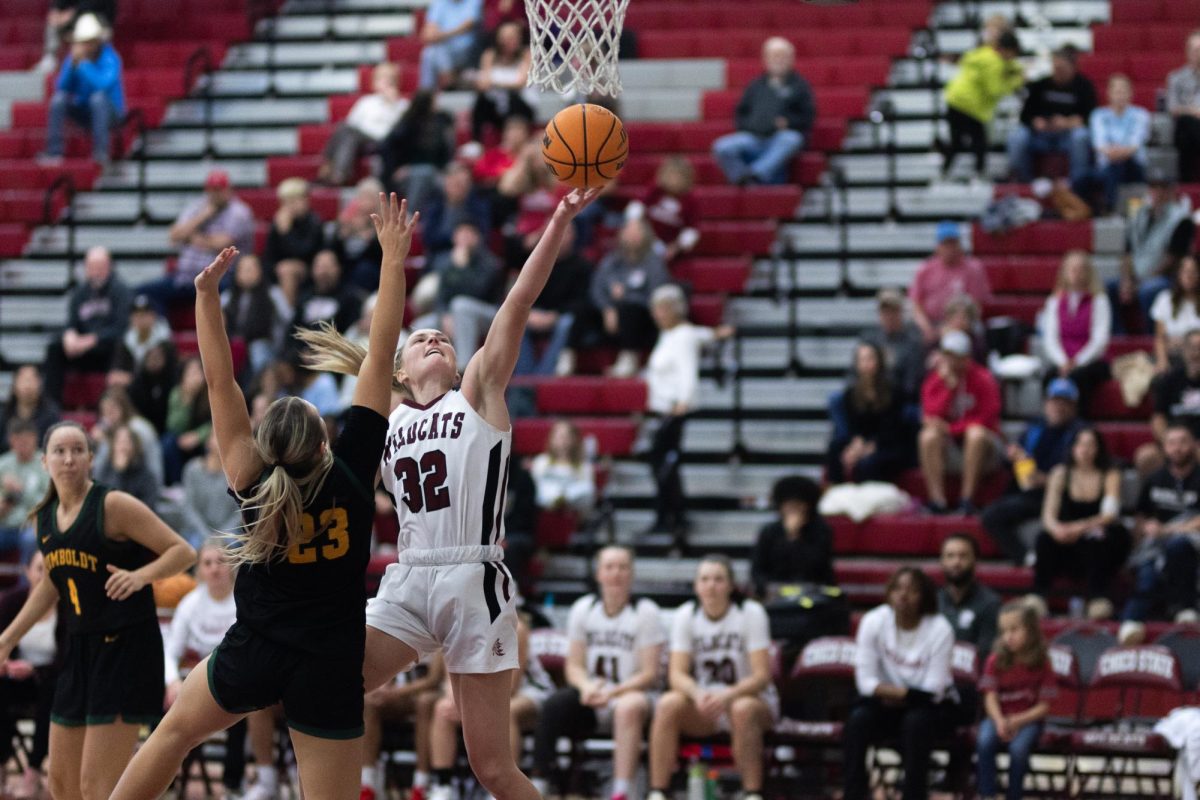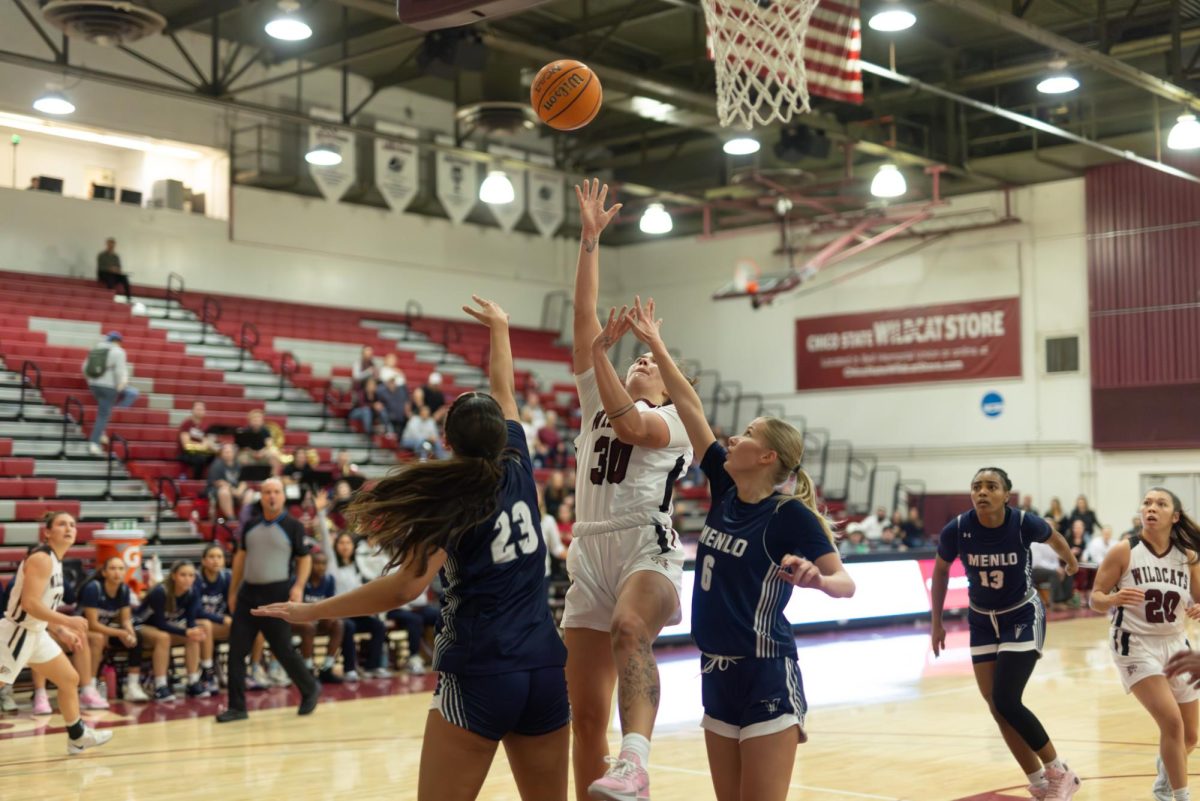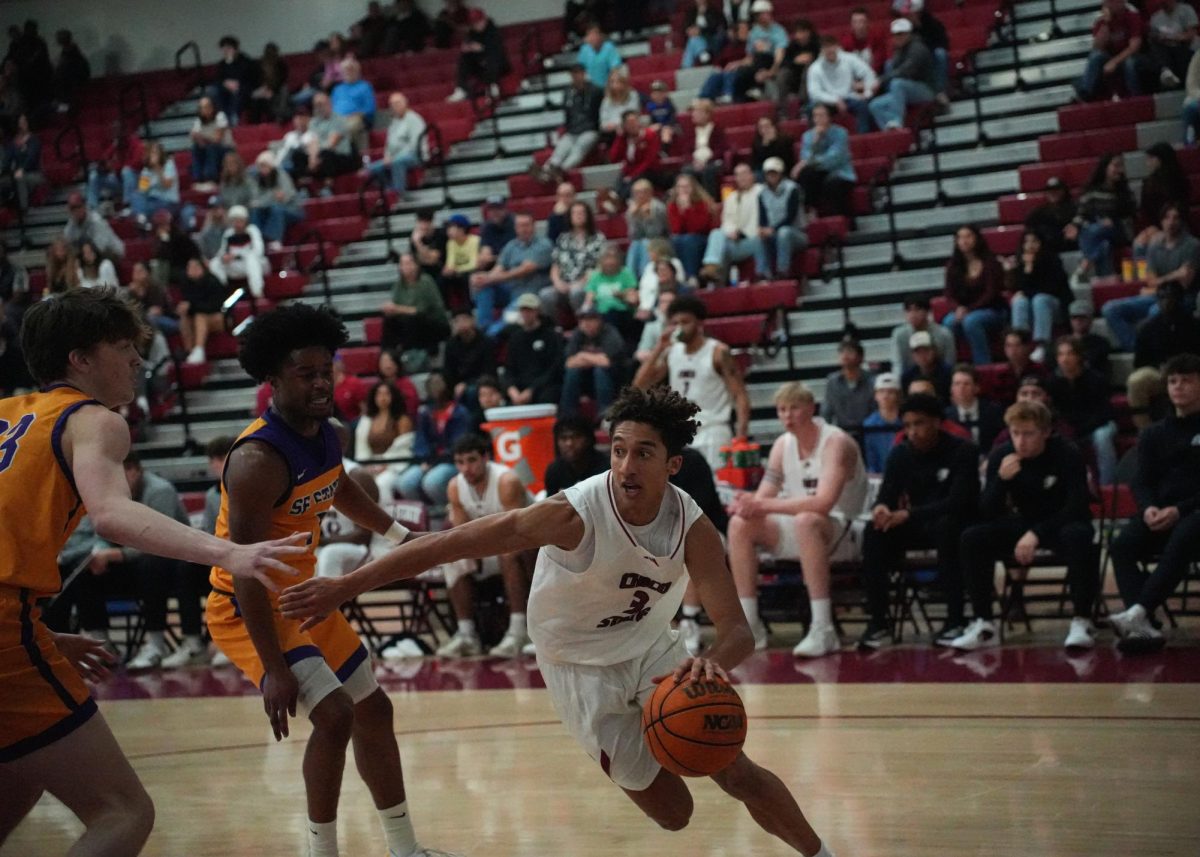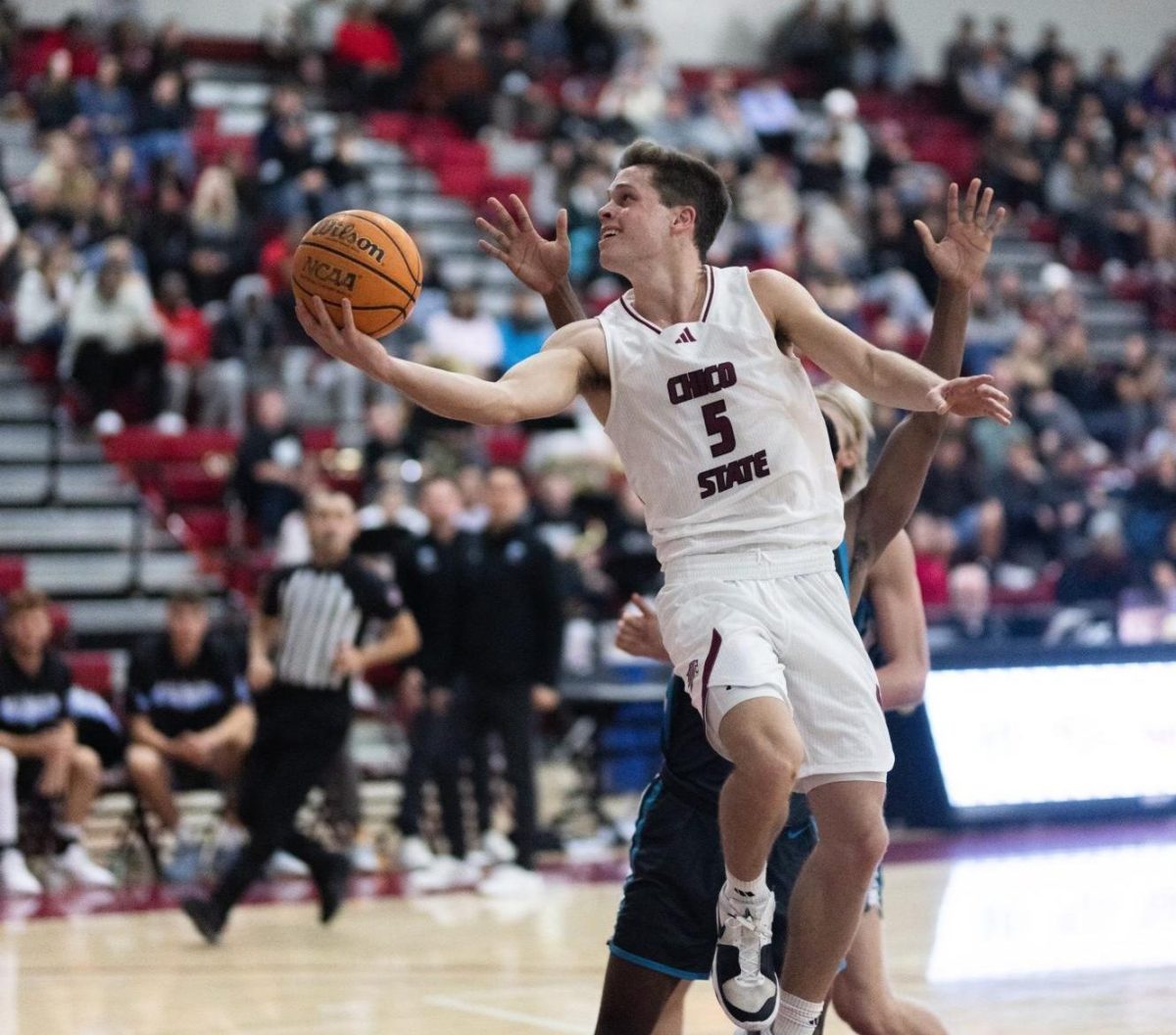Since the 2012 NFL lockout, the officiating staff of sports has continued to expand the black spot on its once pristine record.
It’s not only football, and it’s certainly not limited to the professional league. Even at the collegiate level, one bad call can determine an entire game and alter a players chance to be drafted.
Even at Chico State, bad calls can cause chaos during a game. Three Wildcat basketball players have already been on the bad side of a whistle, almost leading to their ejection in the game.
With officials being able to drastically alter a game’s result or players performance, it is clear that the changing rules of sports have brought on a new threat. It’s not concussions or muscle tears, it’s over-powered referees.
Whether it’s calling flops in soccer or safe at home in baseball, a referee is given too much power to decide games. It’s not only the critical moments that matter, as players can suffer consequences because of an official’s ego.
Referees have always determined the outcome of games, as they call touchdowns, validate runs and approve goals in the various sports they overlook. The problem is that they are getting the calls wrong, and its reflecting negatively on the entire sporting world.
One significant event that led to the sudden power trip of referees was the 2010 decision of the NBA to clean up player’s actions on the court. This allowed referees to call a technical foul on players, regardless of if they made contact with a player.
This also muted the protesting voices of players, as they were no longer allowed to contest a call. With the NFL following suit with new rules regarding kick-offs and helmet-to-helmet contact, players are having less of a chance to actually play their sport.
With the new developments on concussions and the severe injuries that the sporting world is facing, it’s no surprise that there are stricter rules. Eliminating targeting and trying to prevent fights is a positive way to improve the violent public opinion of sports.
However, there’s no reason to allow a referee to eject players who are contesting a bad call. The person meant to keep the game civil and fair is the one that is tipping the balance in favor of a team.
This is no new development, as paying off referees to throw a game goes back as far as the 1919 MLB World Series. With referees gaining more power over the game’s outcome, players are being wrongly reprimanded and are unable to play the sport they’ve trained for.
With the sporting world under fire for allegedly rigging games and drafts, having tyrannical referees only further deepens the discontent the fans and players are experiencing for their sports.
Cydney Nance can be reached at [email protected] or @CydneyNa on Twitter.








